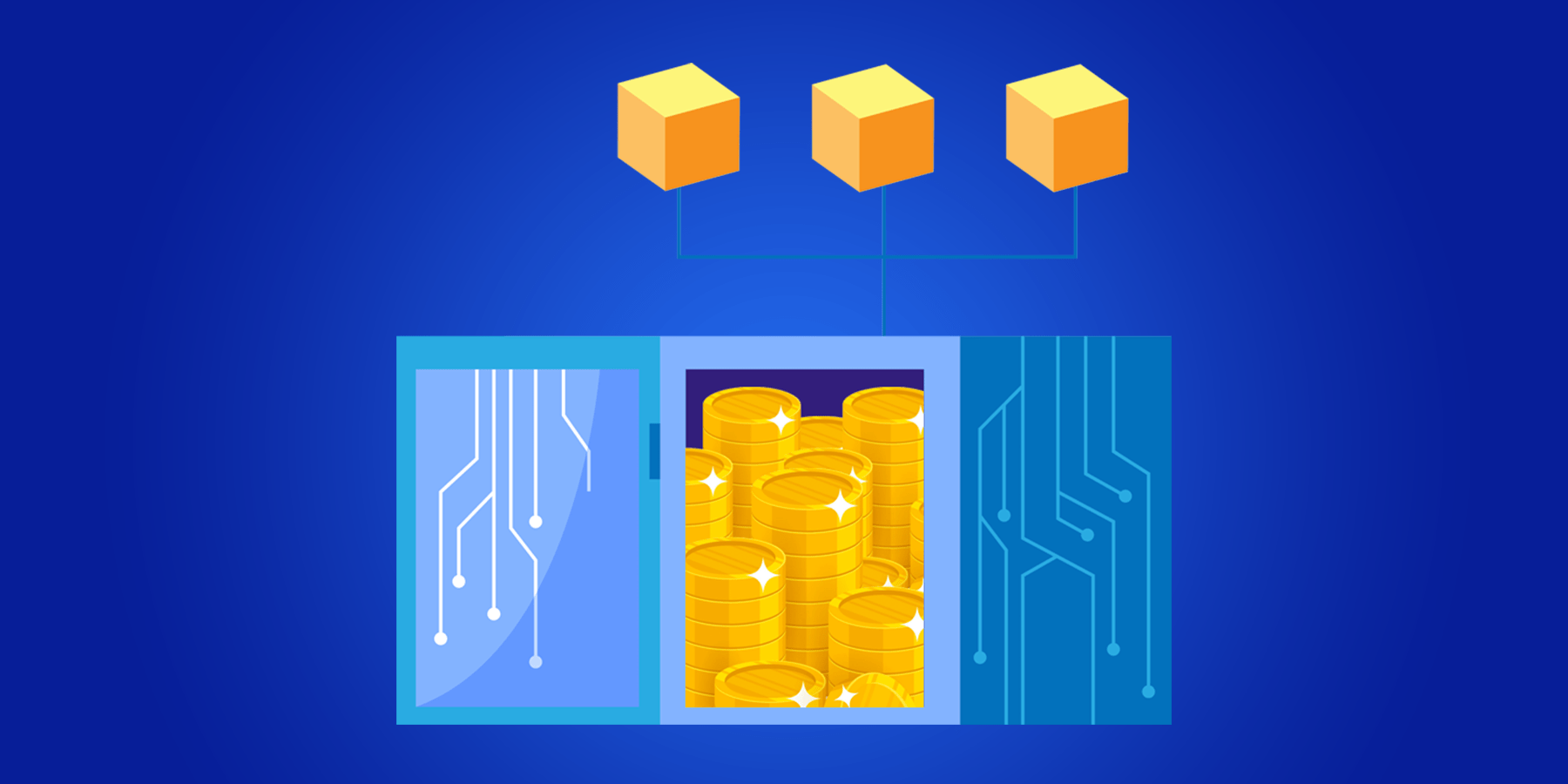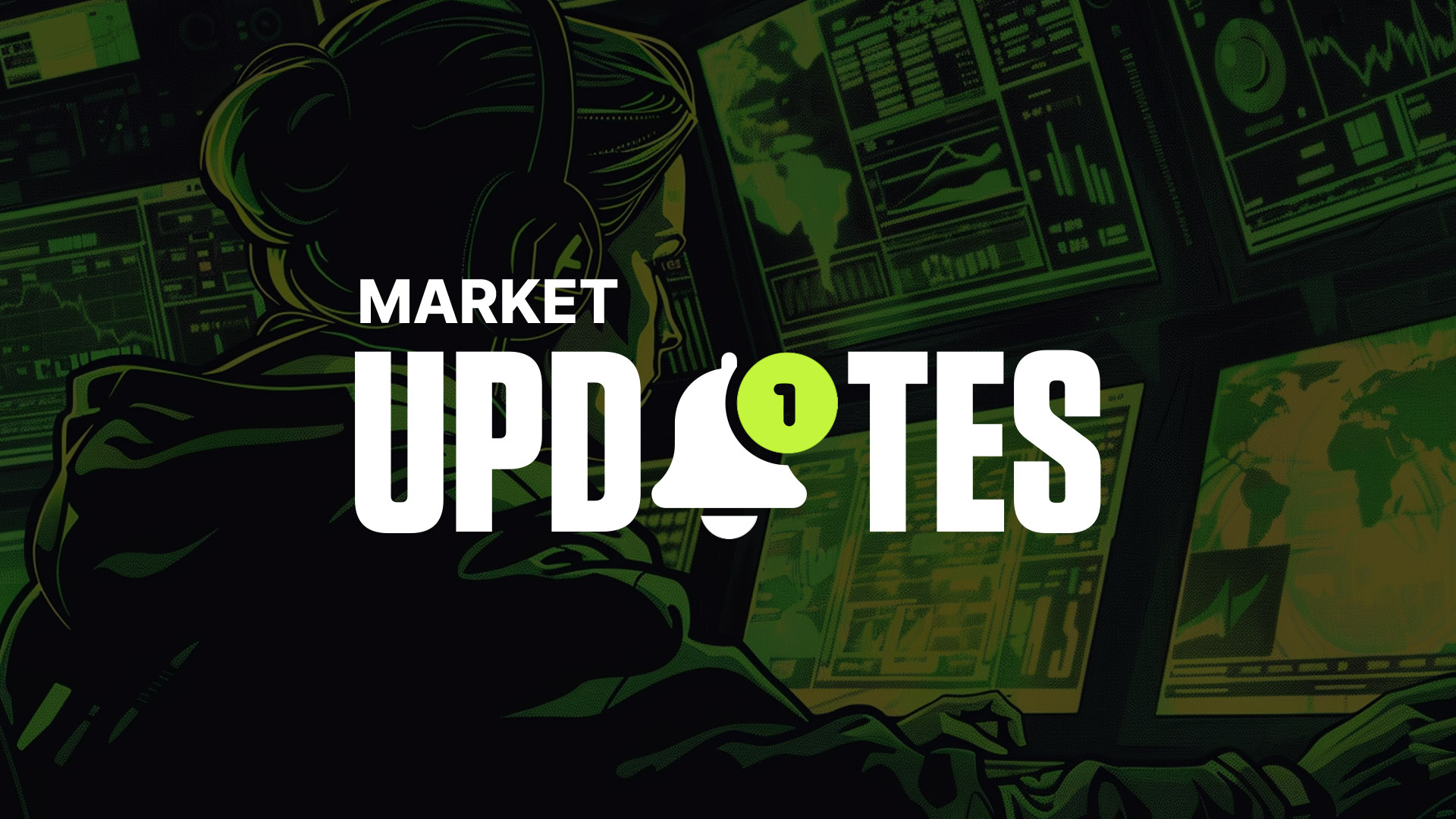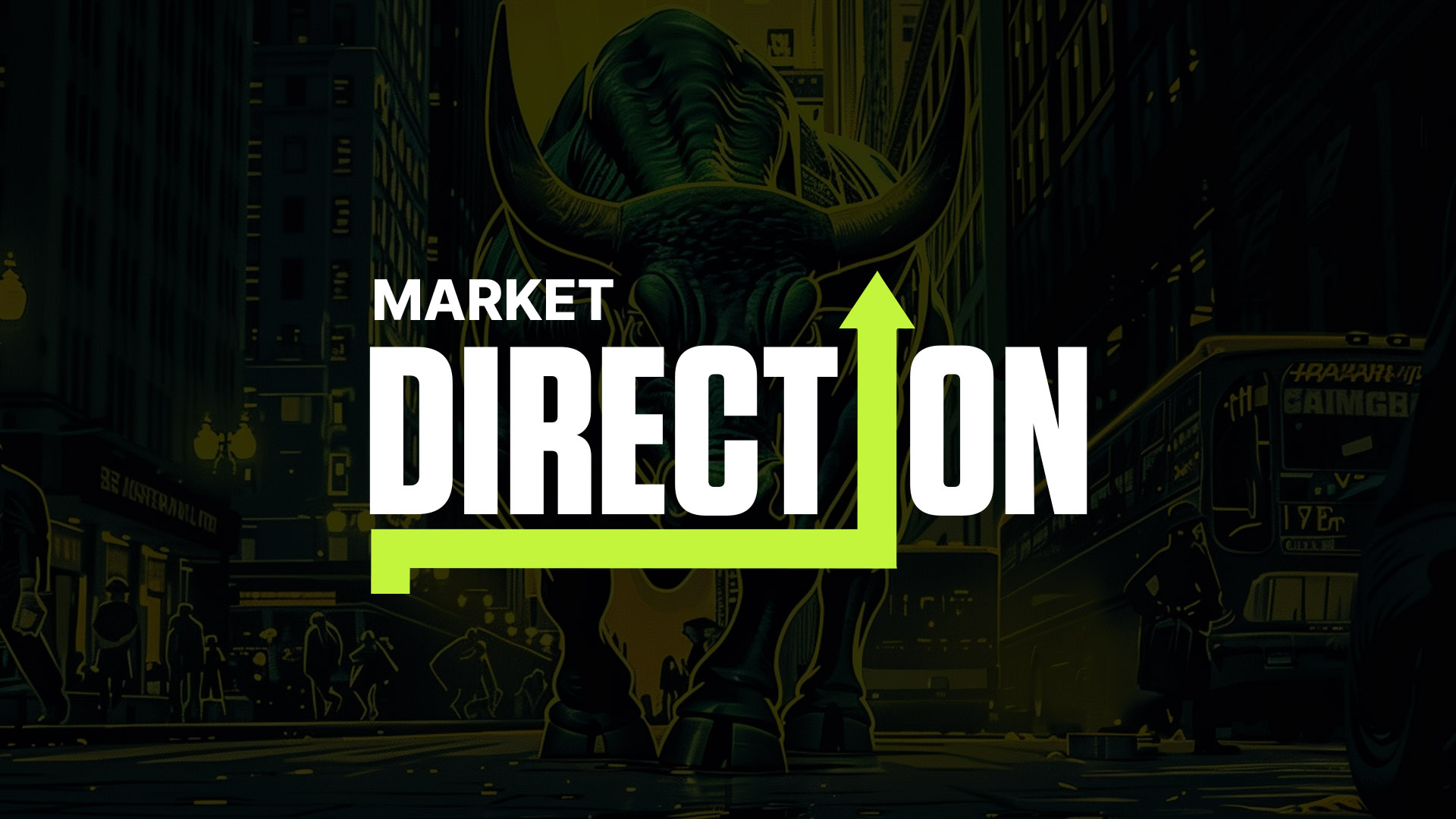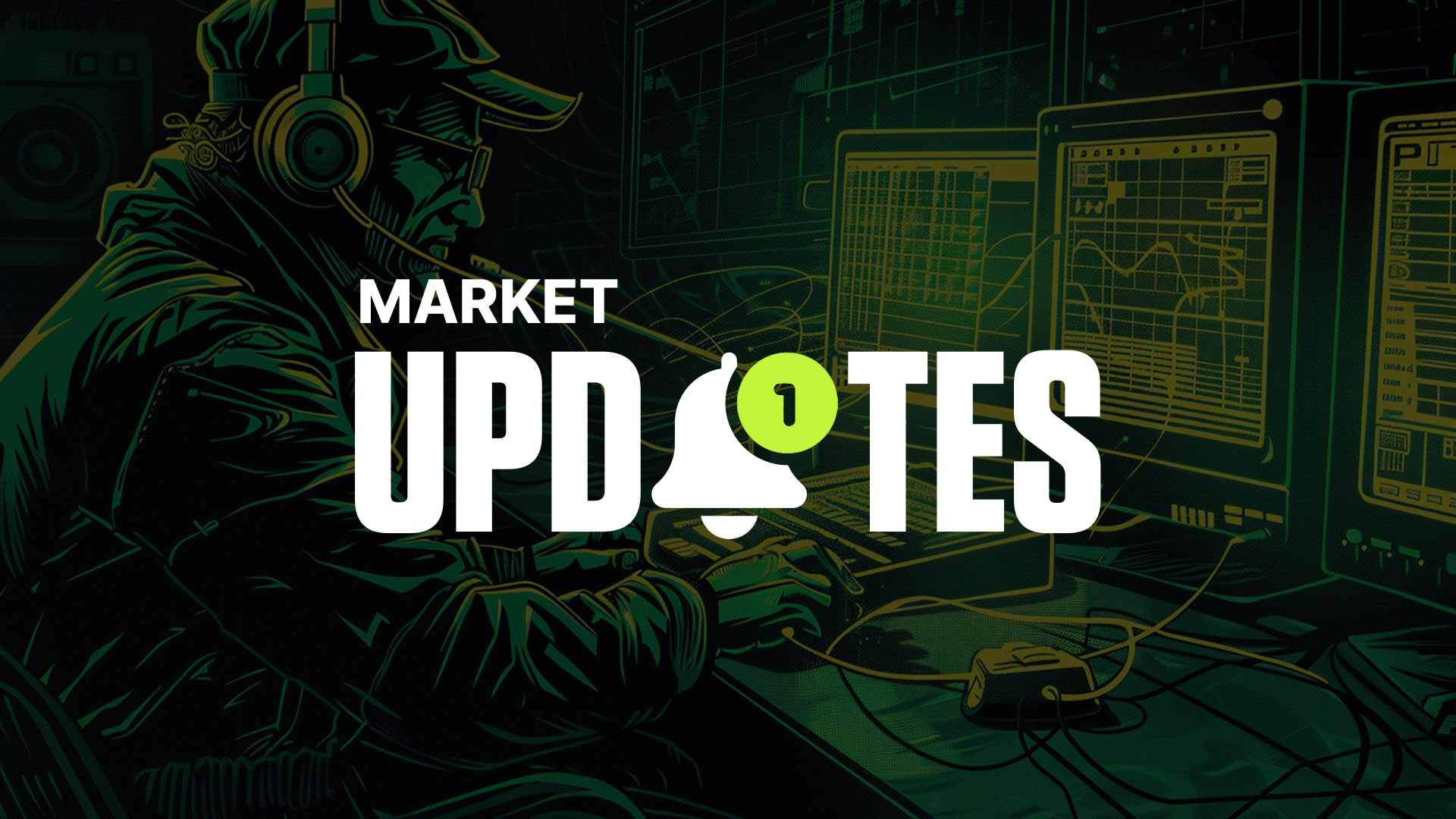Guide: Delegated Proof of Stake (DPoS)
One of the major perks of blockchain technology is its ability to maintain an unchangeable record of transactions. It does this through what’s called a ‘consensus mechanism algorithm’ - a way of achieving agreement on a single state of a network, even with that network being distributed among many users.

If you’ve spent any amount of time learning about cryptocurrencies, you’ve probably heard of Proof of Work and Proof of Stake. These are two of the most popular consensus mechanisms out there and help power major players in the crypto space, like Bitcoin, Ethereum, and Solana.
Delegated Proof of Stake is the next step of the Proof of Stake consensus mechanism. Before we learn more about it in this guide, let’s first take a step back and make sure we understand Proof of Work and basic Proof of Stake, so we can fully appreciate the changes that Delegated Proof of Stake brings with it.
Proof of Work (PoW)
Proof of Work (PoW) is the consensus mechanism currently powering the top two cryptocurrencies: Bitcoin and Ethereum (more on Ethereum later). It’s the OG consensus mechanism.PoW requires the use of computer hardware for ‘mining,’ an intensive process of solving complex algorithmic puzzles to verify data - the ‘Work’ in Proof of Work. As a reward, miners receive the native token of that network, i.e. Bitcoin.
This consensus mechanism is great for decentralization and security, but it does have its drawbacks. As mining hardware becomes more expensive, it can be harder to scale the network globally. PoW also requires a lot of energy, making it a target of environmentalists and politicians.
Proof of Stake (PoS)
Proof of Stake (PoS) first emerged in 2011 as a response to the energy-intensive nature of Proof of Work.Instead of mining, PoS requires network node operators to ‘stake’ the network’s tokens, meaning they have to lock their tokens as collateral. In a PoS system, who gets to validate the next block is chosen at random. However, factors like the size of their stake and the age of their stake play a role in the selection process.
Ethereum is currently in the process of switching from PoW to PoS and it’s projected this will cut the network’s energy usage by about 99.95%. Despite its greener approach to block generation, PoS faces its own criticisms. The biggest one is that, due to the size of a validator’s stake playing a role, it potentially favours the rich whales that own the most tokens.
That’s where Delegated Proof of Stake comes in.
What is Delegated Proof of Stake (DPoS)?
Delegated Proof of Stake (DPoS) aims to provide a more democratic approach to block creation than its immediate predecessor. A few examples of DPoS blockchains are Cardano, TRON, and EOS.In DPoS, instead of directly staking tokens to validate a block, network users vote and ‘delegate’ the validation of a block to ‘witnesses,’ also called delegates or block producers. Elected delegates are voted on by pooling tokens together in a ‘staking pool’ that is linked to a specific delegate.
This system, in theory, rewards both delegates and a more diverse group of normal users equitably. Elected delegates get the transaction fees of the network as the rewards for block validation. These rewards are distributed among the users of the staking pool.
The Future of Consensus Mechanisms
As blockchains continue to grow with global adoption, the need for consensus mechanism algorithms like Delegated Proof of Stake that can handle increasing transaction speed, throughput, and efficiency will likely grow along with them.Let us know your thoughts on Proof of Work, Proof of Stake, and Delegated Proof of Stake in the comments below!
For Cryptonary’s transparent opinion on Bitcoin, Ethereum, and other cryptocurrencies mentioned in this guide, check out the Ratings Guide here.
Disclaimer: THIS IS NOT FINANCIAL OR INVESTMENT ADVICE. Only you are responsible for any capital-related decisions you make, and only you are accountable for the results.
Continue reading by joining Cryptonary Pro
$997/year
Get everything you need to actively manage your portfolio and stay ahead. Ideal for investors seeking regular guidance and access to tools that help make informed decisions.
For your security, all orders are processed on a secured server.
As a Cryptonary Pro subscriber, you also get:
Success Guarantee, if we don’t outperform the market, you get 100% back, no questions asked
24/7 access to experts with 50+ years’ experience
All of our top token picks for 2025
Our latest memecoins pick with 50X potential
On hand technical analysis on any token of your choice
Weekly livestreams & ask us anything with the team
Daily insights on Macro, Mechanics, and On-chain
Curated list of top upcoming airdrops (free money)
100% Success Money Back Guarantee
If our approach doesn’t outperform the overall crypto market during your subscription, we’ll give you a full refund of your membership. No questions asked. For quarterly and monthly subscribers this is applicable once your subscription runs for 6 consecutive months.
Our track record speaks for itself
With over 2.4M tokens and widespread misinformation in crypto, we cut through the noise and consistently find winning assets.
Our track record speaks for itself
With over 2.4M tokens and widespread misinformation in crypto, we cut
through the noise and consistently find winning assets.
Frequently Asked Questions
Can I trust Cryptonary's calls?
Yes. We've consistently identified winners across multiple cycles. Bitcoin under $1,000, Ethereum under $70, Solana under $10, WIF from $0.003 to $5, PopCat from $0.004 to $2, SPX blasting past $1.70, and our latest pick has already 200X'd since June 2025. Everything is timestamped and public record.
Do I need to be an experienced trader or investor to benefit?
No. When we founded Cryptonary in 2017 the market was new to everyone. We intentionally created content that was easy to understand and actionable. That foundational principle is the crux of Cryptonary. Taking complex ideas and opportunities and presenting them in a way a 10 year old could understand.
What makes Cryptonary different from free crypto content on YouTube or Twitter?
Signal vs noise. We filter out 99.9% of garbage projects, provide data backed analysis, and have a proven track record of finding winners. Not to mention since Cryptonary's inception in 2017 we have never taken investment, sponsorship or partnership. Compare this to pretty much everyone else, no track record, and a long list of partnerships that cloud judgements.
Why is there no trial or refund policy?
We share highly sensitive, time-critical research. Once it's out, it can't be "returned." That's why membership is annual only. Crypto success takes time and commitment. If someone is not willing to invest 12 months into their future, there is no place for them at Cryptonary.
Do I get direct access to the Cryptonary team?
Yes. You will have 24/7 to the team that bought you BTC at $1,000, ETH at $70, and SOL at $10. Through our community chats, live Q&As, and member only channels, you can ask questions and interact directly with the team. Our team has over 50 years of combined experience which you can tap into every single day.
How often is content updated?
Daily. We provide real-time updates, weekly reports, emergency alerts, and live Q&As when the markets move fast. In crypto, the market moves fast, in Cryptonary, we move faster.
How does the success guarantee work?
If our approach to the market doesn’t beat the overall crypto market during your subscription, we’ll give you a full refund of your membership fee. No questions asked. For quarterly and monthly subscribers this is applicable once your subscription runs for 6 consecutive months.



















